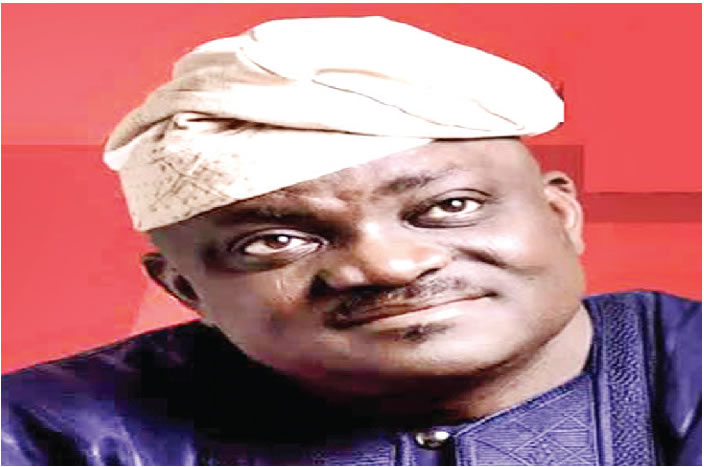The Chairman of the House Committee on Foreign Affairs, Wole Oke, has called for deeper trade cooperation among BRICS nations and their partners, urging the bloc to reduce reliance on Western markets and dollar-based transactions.
Oke, who spoke at a BRICS trade forum in Brazil on Tuesday, said the world was entering a new era of economic uncertainty, and only strong intra-BRICS ties could offer stability for developing economies.
He listed digital transformation, local currency trade, and the use of strategic resources as key to building what he called “resilient trade corridors” within BRICS and its expanded bloc, which now includes Egypt, Ethiopia, Iran, Saudi Arabia, and the UAE.
“Strengthening BRICS trade is no longer optional, it is a necessity. We must trade more with each other, invest in one another, and build a trade ecosystem that puts our people first,” he said in a statement.
The lawmaker also proposed the establishment of a local currency settlement system to cut exposure to “volatile currency politics,” as well as joint investments in agriculture, pharmaceuticals, manufacturing, and clean energy.
Oke noted that despite BRICS representing over 40 per cent of the world’s population and nearly a third of global Gross Domestic Product, trade among member states remained below potential.
“Let’s stop depending solely on traditional markets. Let us reduce trade barriers and support one another to meet quality standards set within the bloc,” he added.
The lawmaker urged the New Development Bank to move beyond lending and act as a trade enabler, offering guarantees and financing to boost intra-BRICS commerce.
Oke said while Nigeria was not yet a full member of BRICS, the country remained a BRICS partner and had consistently pushed for a seat at the table. He also called for a digital and green revolution within the bloc, proposing common cybersecurity standards, shared e-commerce platforms, and AI governance frameworks.
“BRICS is not a closed club. Let’s work with the African Union, ASEAN, and MERCOSUR to shape a new global trade order that is fair and inclusive,” he stated















